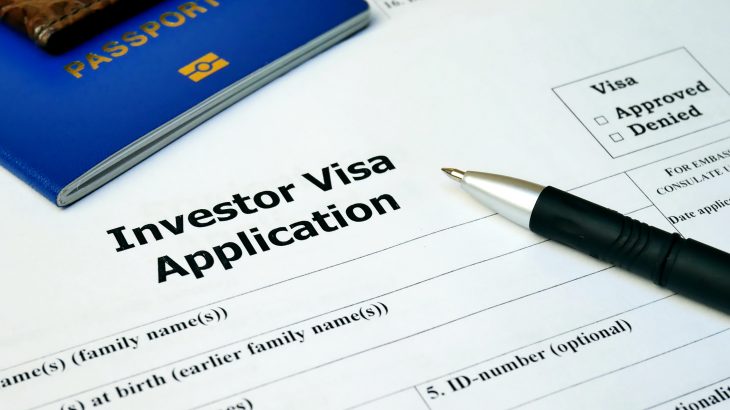The Biden Administration has moved to quash a lawsuit brought about by an EB-5 Regional Center that questioned the validity of changes to the EB-5 Investor Visa Program introduced in November 2019. By ratifying the changes, the Secretary of Homeland Security Alejandro Mayorkas puts an end to any speculation that the minimum investment level for the EB-5 Visa could be reduced back to $500,000 from the current $900,000.
Court Case
The principle line of argument in the court case was that the head of the Department for Homeland Security at the time had not been properly appointed. The then Acting Secretary, Kevin McAleenan, assumed leadership for the Department following the departure of Kirstjen Nielsen earlier in 2019.
The Government Accountability Office (GAO) released a decision on this issue last summer stating that McAleenan was not in the line of succession and that his leadership was therefore invalid. Mayorkas acted to re-ratify the changes to ward off any uncertainty – going forwards at least.
Old EB-5 Regulations
If it had been successful, the case could have forced a return to the pre-November 2019 regulations. This not only included the lower investment amount, but also different rules surrounding what governs a Targeted Employment Area (TEA). These are zones that qualify for a lower EB-5 investment level because they have weaker employment levels. Outside of TEAs, the minimum EB-5 investment level is $1.8 million (or $1 million prior to November 2019).
The increased investment amount since November 2019 has pushed the EB-5 Investor Visa out of reach of many potential investors . Many of these clients have shifted their interest in the US to the E-2 Treaty Investor Visa, which has lower investment amounts. There is no fixed investment level for an E-2 Visa, but it must be appropriate for the business being invested in and generally starts from around $100,000.
Upcoming EB-5 Reauthorization
A reversal to the EB-5 rule change would have been short-lived in any case. The EB-5 Regional Center Program is facing reauthorization in Congress before the end of this quarter (June 30). We are confident that Congress will support a long term reauthorization of a reformed program since EB-5 is responsible for creating so much employment and investment all across America.
An EB-5 reform bill introduced jointly by Senior Democrat, Patrick Leahy, and a senior Republican, Chuck Grassley aims to reauthorize the program through to 2026 and make reforms to ensure high standards are met by EB-5 Regional Centers.
Despite some uncertainty over the next few months, the future of the EB-5 program looks strong. It played a valuable role in helping America recover from the 2007/8 financial crisis and can support the economic recovery following the Covid-19 pandemic. EB-5 has brought in millions of dollars in foreign investment and has created hundreds of thousands of jobs all around the country. All at no cost to the US taxpayer.
What is the EB-5 Investor Visa?
The EB-5 remains a fast route to a Green Card (except for people born in mainland China who face delays because of strong historic demand). A single investment can cover a qualifying family unit (applicant, spouse, children under the age of 21). It is important to work with an immigration attorney from the outset of the process. One of the most complicated aspects of an EB-5 application is proving that your investment funds came from legitimate sources.
At Davies & Associates we support each EB-5 client with a strong and talented team, which includes not only immigration attorneys, but also tax lawyers, and accountants who can advise on remittance laws in your home country. Green Card holders are subject to tax on worldwide earnings, so it is important to understand and plan for this at the outset of the process.
Read more about EB-5 Investor Visas
This article is published for clients, friends and other interested visitors for information purposes only. The contents of the article do not constitute legal advice and do not necessarily reflect the opinions of Davies & Associates or any of its attorneys, staff or clients. External links are not an endorsement of the content.


























